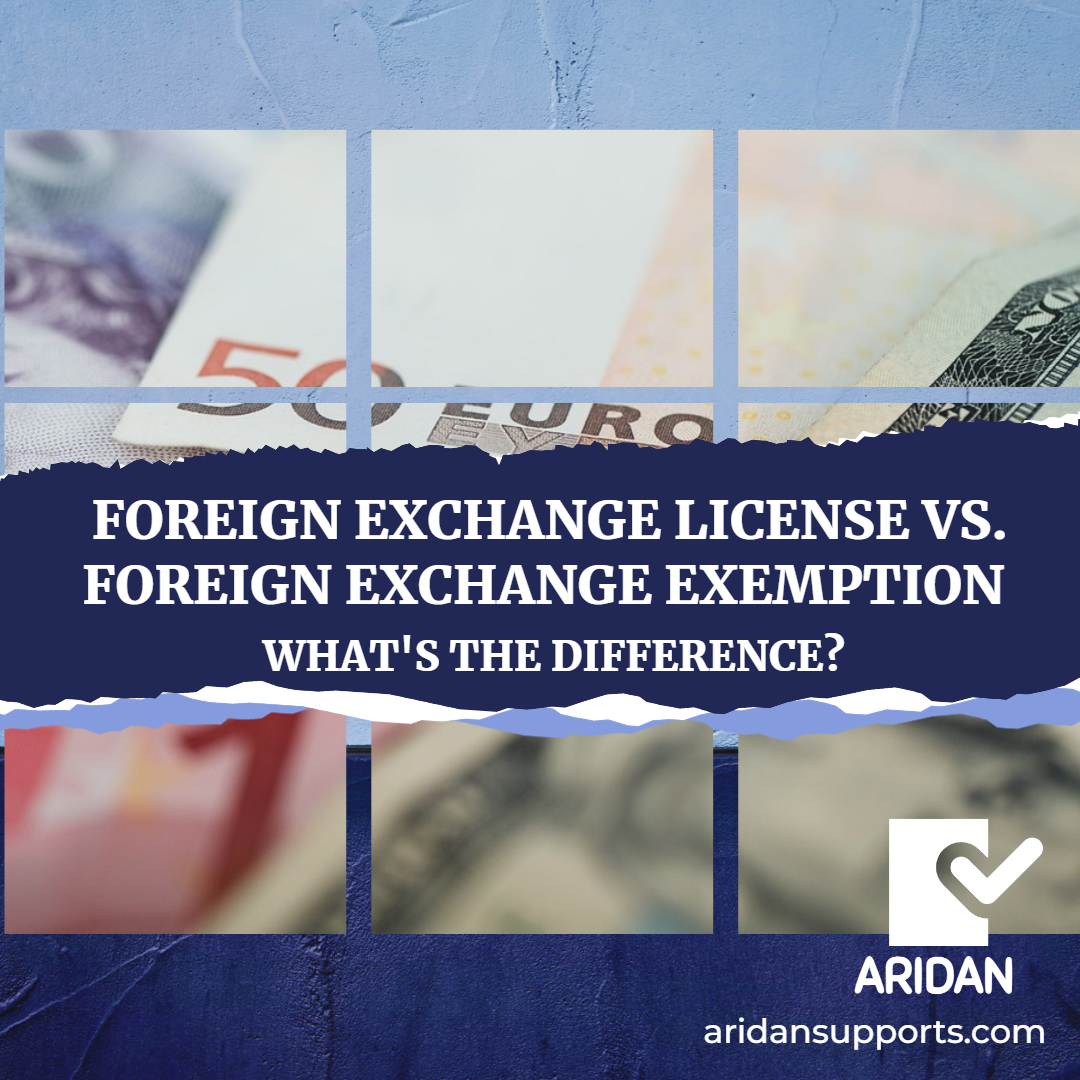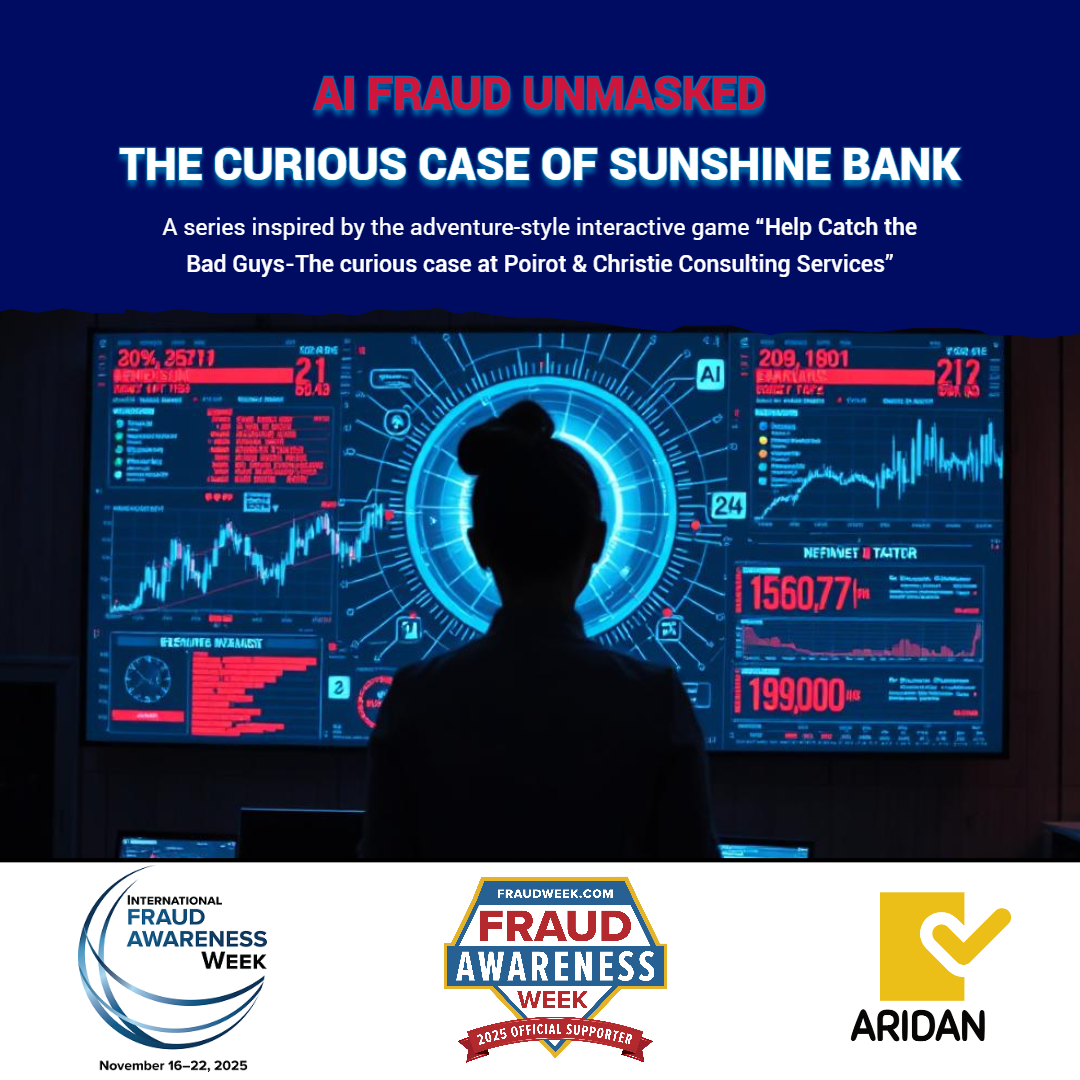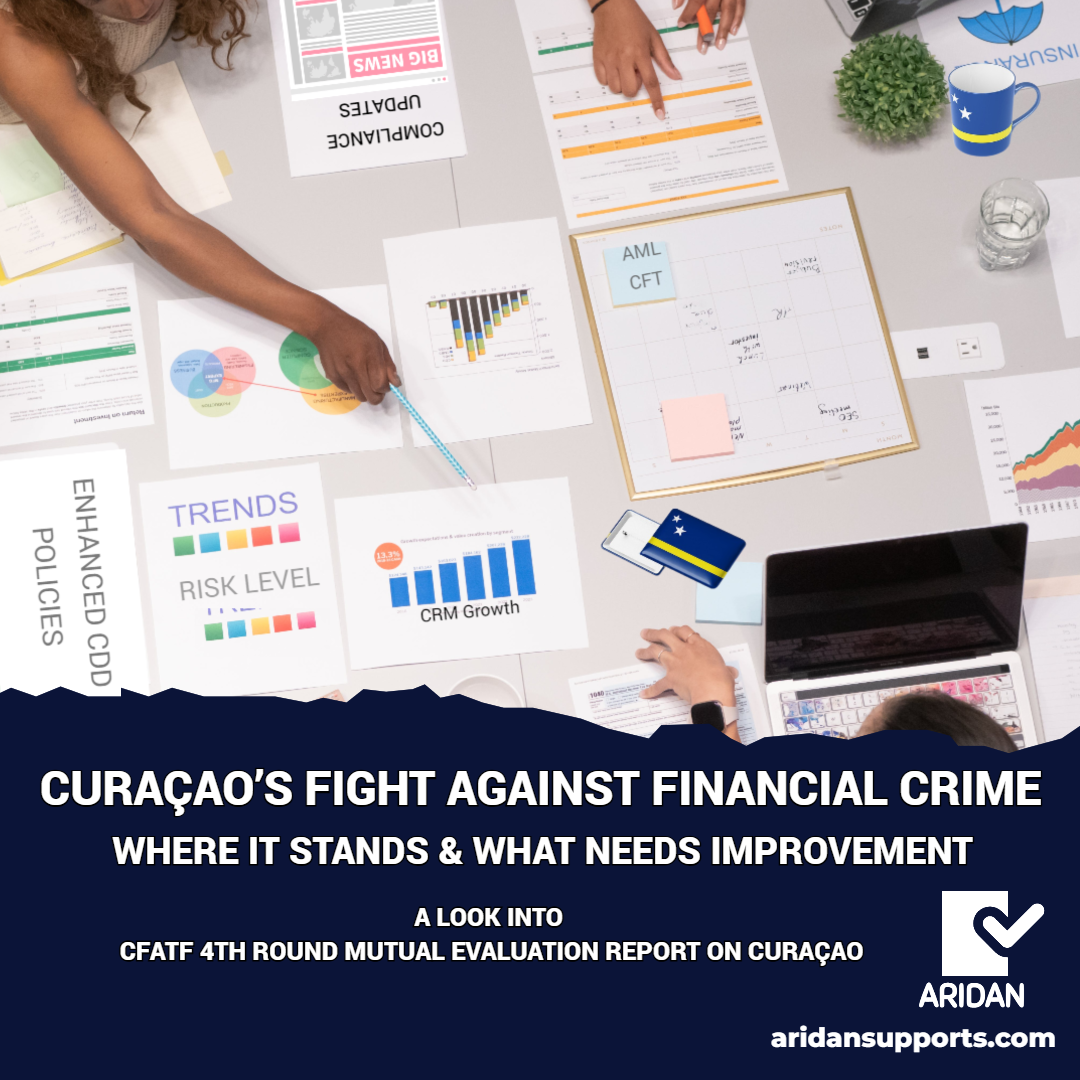“Foreign exchange license” and “foreign exchange exemption” are distinct regulatory concepts related to the operation of foreign exchange businesses. Both play a vital role in maintaining a robust and efficient foreign exchange market, each tailored to the specific needs and risk profiles of different types of transactions.
According to the Foreign Exchange Curaçao and Sint Maarten Regulation (2010), current transactions are free in principle, while capital transactions require a license.
Although capital transactions require a license, several foreign exchange notifications issued by the Centrale Bank van Curaçao en Sint Maarten (hereafter “the Central Bank”) have liberalized most capital transactions. The Central Bank applies a liberal licensing system for capital transactions, generally granting licenses upon request.
The general foreign exchange policy is determined by the governments of Curaçao and Sint Maarten. The Central Bank is responsible for executing foreign exchange regulations and managing the available foreign exchange reserves on behalf of the governments.
Therefore, the Central Bank is empowered to grant licenses and exemptions by the Foreign Exchange Curaçao and Sint Maarten Regulation (2010). Understanding the distinction between a license and an exemption is crucial for businesses operating in the foreign exchange market.
In the previous article “Understanding the Landscape of Curaçao’s Foreign Exchange Policies” we explored the complexities of the foreign exchange regulations. In this article, we will examine the differences between a foreign exchange license and a foreign exchange exemption by first breaking down their definitions and purposes. This analysis is intended as an educational resource from a non-legal perspective.

FOREIGN EXCHANGE LICENSE
Definition: A foreign exchange license is a formal authorization granted by the Central Bank that allows a business to legally offer foreign exchange services and handle foreign exchange transactions.
Purpose: A foreign exchange license ensures that a business is fully compliant with specific regulatory standards, offering a high level of oversight and consumer protection.
REQUIREMENTS
Application Process: Businesses must apply for the license at the Central Bank, providing detailed information about their operations, financial stability, management, and compliance procedures.
There are reasons to apply for a license such as doing business overseas with a foreign bank account. Depending on the reason a foreign exchange regulation License form needs to be completed and delivered along with the required company documentation and a referral letter to the Central Bank.
Regulatory Oversight: Licensed businesses are subject to ongoing oversight, including regular audits, reporting requirements, and compliance checks.
Capital Requirements: Often, there are minimum capital requirements to ensure the financial stability of the business.
Fit and Proper Criteria: Owners and key personnel must meet specific standards related to their competence, experience, and integrity.
FOREIGN EXCHANGE EXEMPTION
Definition: A foreign exchange exemption allows certain transactions or entities to operate without the need for a full foreign exchange license.
Purpose: Foreign exchange exemptions are typically granted to reduce the regulatory burden on specific types of transactions or entities that pose less risk or are already regulated under another framework. These exemptions provide a streamlined regulatory process for lower-risk activities, balancing the need for oversight with the practicalities of various business operations.
CONDITIONS
Specific Criteria: Exemptions are granted from the provisions of articles 10-16 of the Foreign Exchange Regulation 2010 to international companies. These are companies incorporated for non-residents and classified as non-resident legal entities. This exemption facilitates their international operations by allowing them to conduct foreign currency transactions without the need for a foreign exchange license.
Limited Scope: Exemptions usually apply to specific types of entities. Certain foundations, particularly private fund foundations, may also be granted exemptions. These exemptions allow them to manage funds in foreign currencies without the need for a foreign exchange license, thus simplifying their financial operations.
Regulatory Relief: Exemptions provide relief from some or all of the regulatory requirements that licensed entities must follow.
Application Process: to apply for an exemption the representative of the entity needs to prepare a referral letter and deliver it along with the required documentation as stated on the checklist. It should be noted that at the moment what the Central Bank considers as recent proof of address is a document not older than 3 months.
These conditions must all be met continuously to maintain the exempt status. For example, to be considered for an exemption the business must be registered in Curaçao and all UBOs must be non-residents to be considered as an international (offshore) entity that would qualify for an exemption.
KEY DIFFERENCES
- Regulatory Burden: Licensed entities are subject to comprehensive regulatory requirements, while exempt entities enjoy reduced or no regulatory oversight.
- Scope and Flexibility: A license typically covers a broader scope of operations, allowing the business to engage in a wide range of forex activities. An exemption is more limited and specific.
- Compliance and Monitoring: Licensed entities undergo rigorous compliance and monitoring, while exempt entities are subject to less stringent requirements.
- Risk Management: Licensing aims to mitigate higher risks associated with forex activities, whereas exemptions are granted where the risk is perceived to be lower or already managed.
FINAL THOUGHTS
The main difference between a foreign exchange license and a foreign exchange exemption lies in the level of regulatory oversight and the scope of activities permitted.
A foreign exchange license involves comprehensive regulation designed to ensure market integrity and consumer protection. This type of license is typically granted to businesses that engage in high-volume or high-risk foreign exchange activities, requiring them to adhere to stringent regulatory standards and reporting requirements. The goal is to maintain a stable and transparent market, preventing fraudulent activities and protecting consumers’ interests.
In contrast, a foreign exchange exemption provides relief from some of these regulatory requirements under certain conditions. Exemptions are often granted because the activities involved are deemed lower risk or are regulated through other means.
For example, businesses that only engage in occasional or low-volume foreign exchange transactions might qualify for an exemption, as their activities are considered less likely to impact market stability or consumer safety. This approach allows for flexibility and reduces the regulatory burden on smaller or less risky operations, fostering a more inclusive and dynamic market environment.
Understanding these distinctions is essential for businesses to navigate the regulatory landscape effectively and ensure they comply with the appropriate requirements based on the nature and scope of their foreign exchange activities.
Sources
Centrale Bank van Curaçao en Sint Maarten. (n.d.). Foreign Exchange Regulations. Retrieved on July 11, 2024 from https://exch.centralbank.cw/legislation-guidelines/foreign-exchange-regulations
Centrale Bank van Curaçao en Sint Maarten. (2010). Foreign exchange regulation Curaçao and Sint Maarten. Retrieved on July 11, 2024 from https://cdn.centralbank.cw/media/legislation_guidelines/20190120_foreign_exchange_regulation_curacao_and_sint_maarten_2010.pdf
Centrale Bank van Curaçao en Sint Maarten. (n.d.). Foreign exchange regulation license forms. Retrieved on July 11, 2024 from https://exch.centralbank.cw/applications-forms/foreign-exchange-regulation-license-forms
Centrale Bank van Curaçao en Sint Maarten. (n.d.). Foreign exchange reporting forms. Retrieved on July 11, 2024 from https://exch.centralbank.cw/applications-forms/foreign-exchange-reporting-forms
Centrale Bank van Curaçao en Sint Maarten. (2022). Checklist documents for foreign exchange exemption. Retrieved on July 11, 2024, from https://cdn.centralbank.cw/media/legislation_guidelines/20220324_checklist_documents_for_foreign_exchange_exemption_23_3_22.pdf








